 PICNIC ON THE BATTLEFIELD
PICNIC ON THE BATTLEFIELD
Translation: Barbara Wright (Régent du Collège de ‘Pataphysique en Zozologie Shakespearienne & The Times Literary Supplement)
Dionysus Theatre Australia
ZAPO – a soldier
MONSIEUR TEPAN – the soldier’s father
Fernando Arrabal is well known as a filmmaker; his first film, Viva la muerte(1971), is still considered to be his finest work in that medium. J. L. Borges: Una Vida de Poesía was released in 1998. He has also written a number of novels and a series of “cartas” (letters) to Spanish and International political leaders such as Francisco Franco, the king of Spain, Fidel Castro, and several Spanish prime ministers. Arrabal commissioned numerous paintings that conform to his design, published a book of photographs of New York City, and has written books as well as a regular column in L’Express on the game of chess. Arrabal has directed a number of his own plays around the world.
Although Fernando Arrabal’s theater has his reputation as an important, innovative avant-garde dramatist has been clearly established. Helped attract an audience and soon made him the most performed playwright in Paris. Combining a Spanish temperament and sense of black humor with innovative techniques reflective of the artistic ambience of Paris, Arrabal has become the first Spanish playwright since Federico García Lorca to earn worldwide recognition. His contributions to the theater were summed up by Clive Barnes in a review of The Architect ans the Emperor of Assyria in The New York Times:Mr. Arrabal, with his perceptions, loves and understanding, is a playwright to be honored, treasured and understood. In this play he is saying something about the isolation, the solitariness and the need of twentieth century man that, so far as I can see, no other playwright has quite gotten on stage before.
Arrabal has received a number of major awards. He received the prestigious Premio Nadal in 1984 for his novel La torre herida por el rayo (1983; The Tower Struck by Lightning, 1988) and the Espasa Calpe award in 1994 for his collection of essays La dudosa luz del día. He was awarded the Premio Nacional de Teatro in Spain in 2001. In 2001, when tradition dictated that the Premio Cervantes go to a Latin American writer, he received the most votes of any Spaniard.
Arata, Luis Oscar. The Festive Play of Fernando Arrabal. Lexington: University of Kentucky Press, 1982. Examines Arrabal’s theater from the point of view of play, focusing on Piaget’s concept of game playing and on episodic theater.
Donahue, Thomas John. The Theater of Fernando Arrabal: A Garden of Earthly Delights. New York: New York University Press, 1980. A general overview of Arrabal’s theater, emphasizing the influence of the “happening,” of street and guerrilla theater, and the creative use of playing space.
Arrabal Espace. Paris: Paris Art Center, 1993. A coffee table work written in French with numerous color photographs and a number of essays on Arrabal’s work in various genres. An invaluable source of production photos, Arrabal’s paintings, and numerous other images of his life and work.
Orenstein, Gloria. “A Surrealist Theater Tractate: Fernando Arrabal.” In The Theater of the Marvelous. New York: New York University Press, 1975. An analysis of Arrabal’s theater as a manifestation of Surrealism based on alchemy. Explores the influence of André Breton, Salvador Dali, and Antonin Artaud on Arrabal’s work.
Podol, Peter. Fernando Arrabal. Boston: Twayne, 1978. A comprehensive biography and analysis of all of Arrabal’s work up to the date of publication, it is intended as an introduction to the playwright and contains brief analyses of all of his dramas prior to 1978.
Schumacher, Claude. “Arrabal’s Theatre of Liberation.” In Twentieth Century European Drama, edited by Brian Docherty. New York: St. Martin’s Press, 1994. A good overview.
Torres Monreal, Francisco. “Introducción.” In Teatro completo. Madrid: Espasa Calpe, 1997. A lengthy introduction to the two-volume edition of Arrabal’s theater in Spanish, it provides an excellent overview of the evolution of Arrabal’s work for the theater etc.
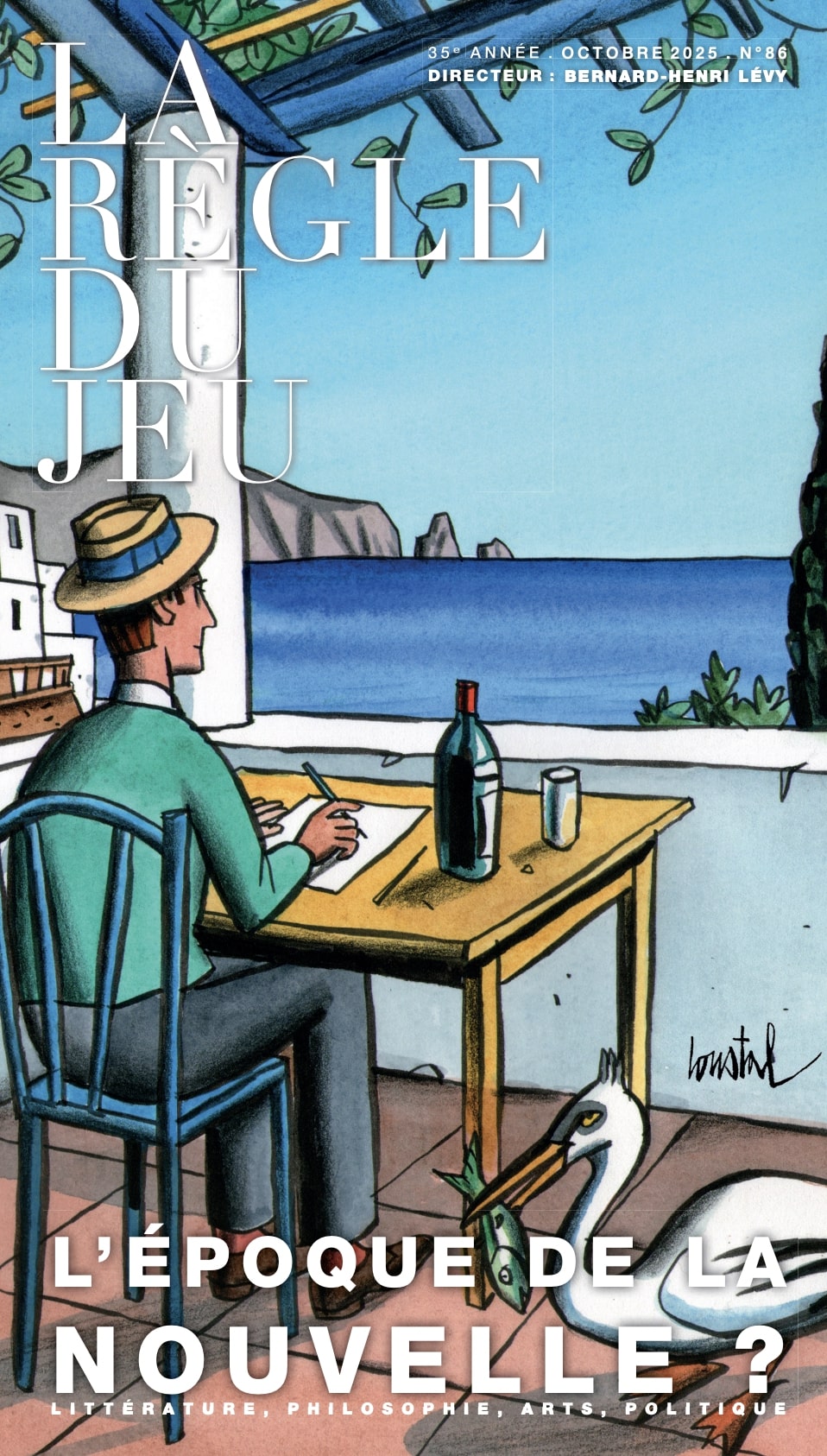
 ***
***
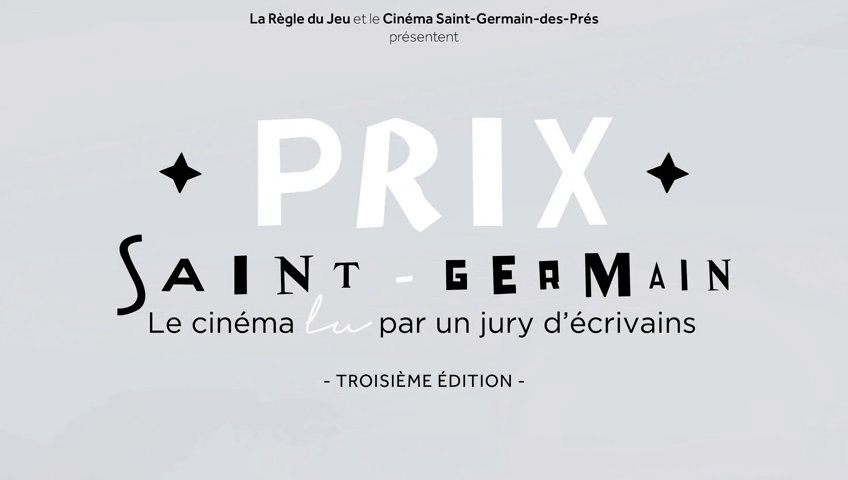
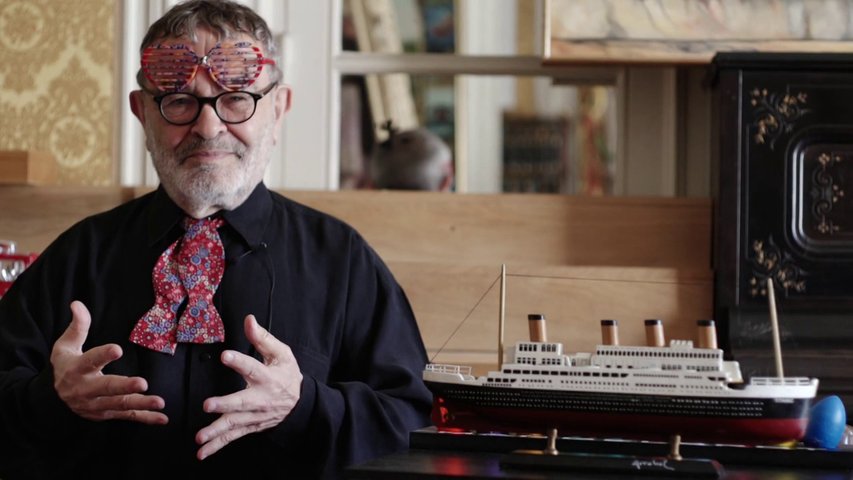

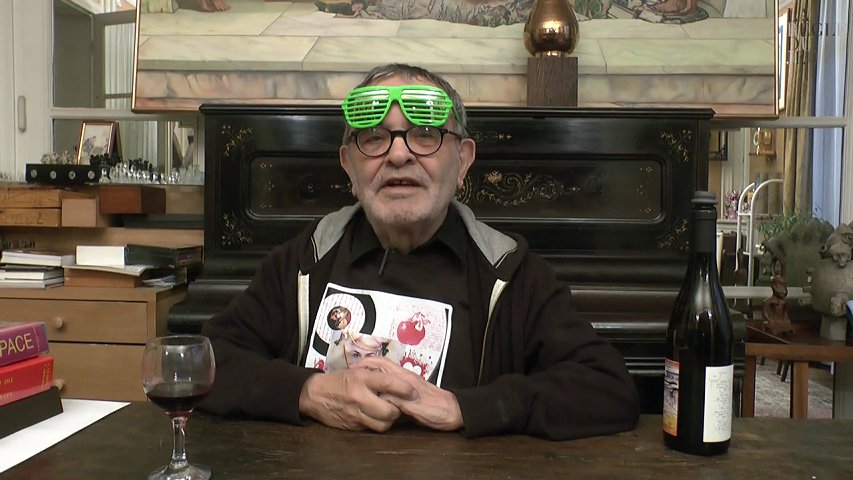

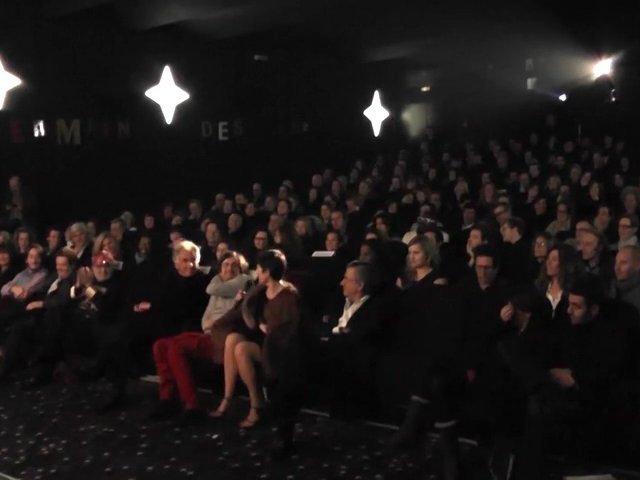
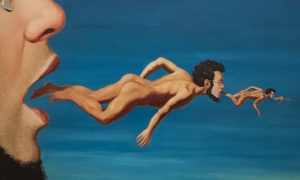
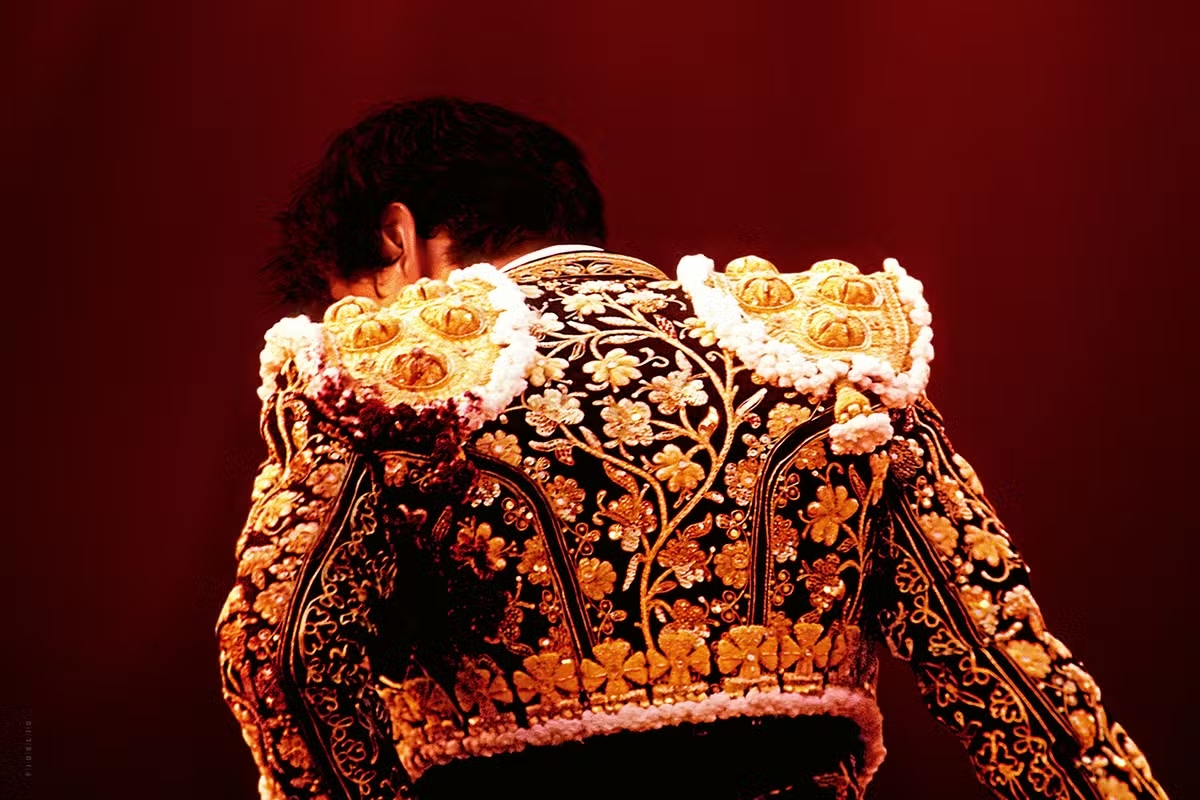
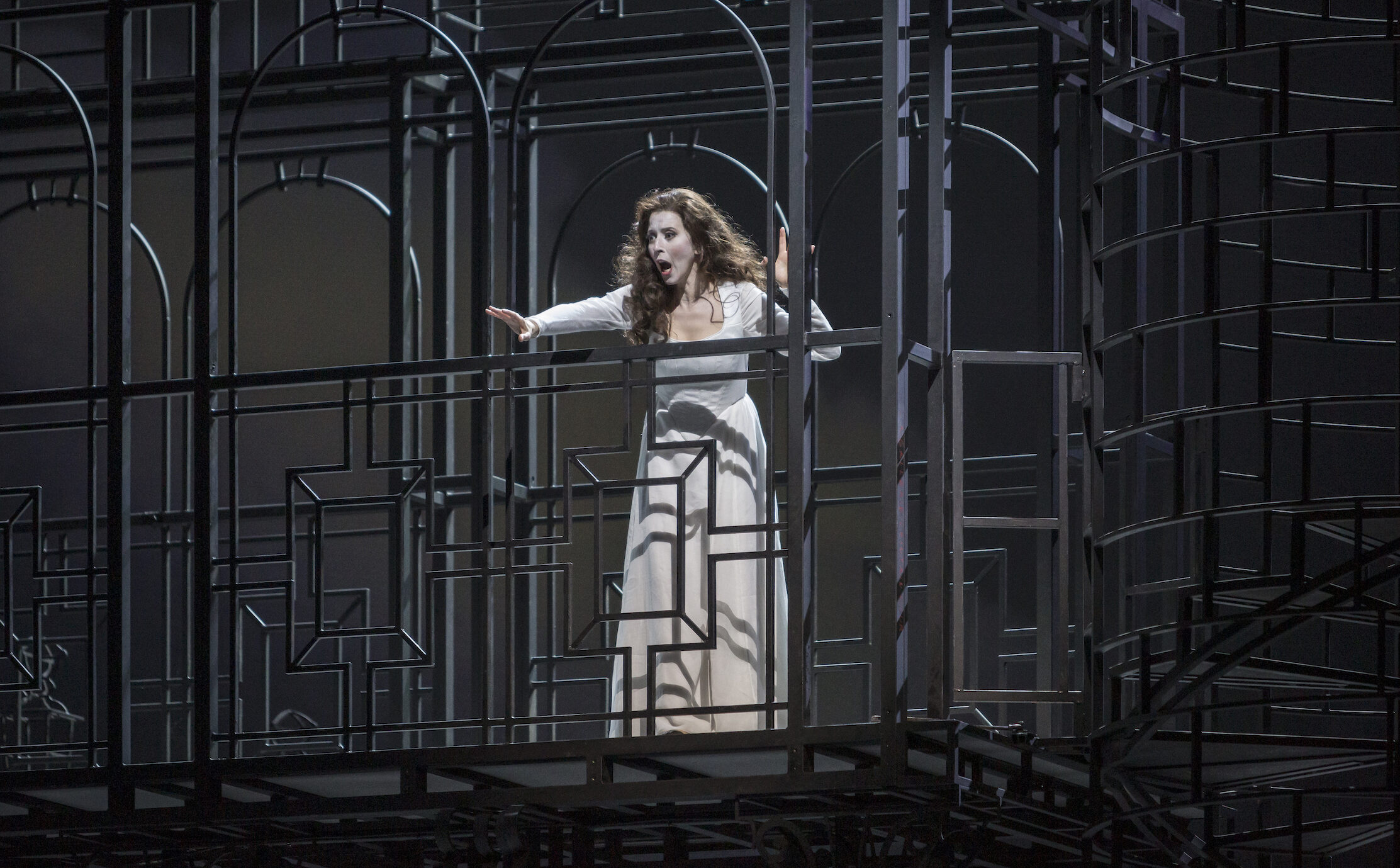


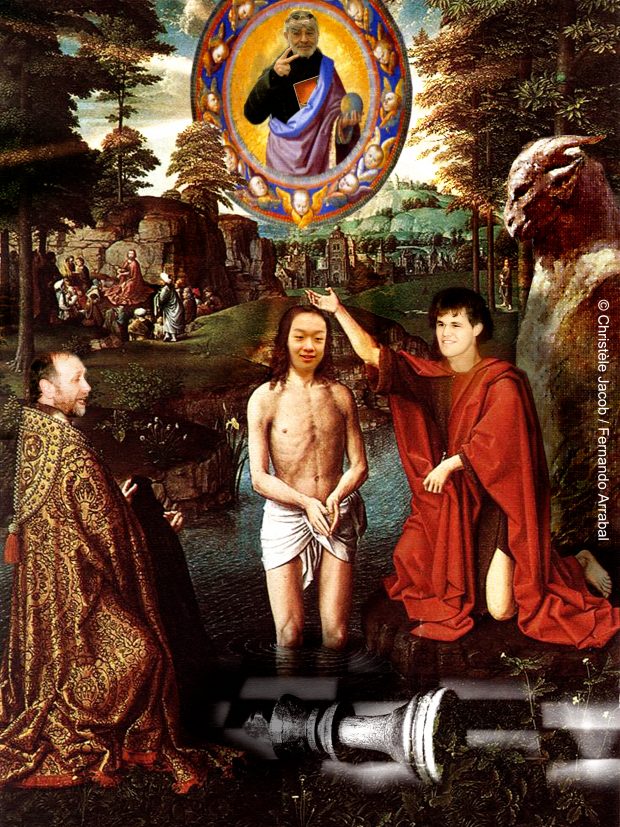
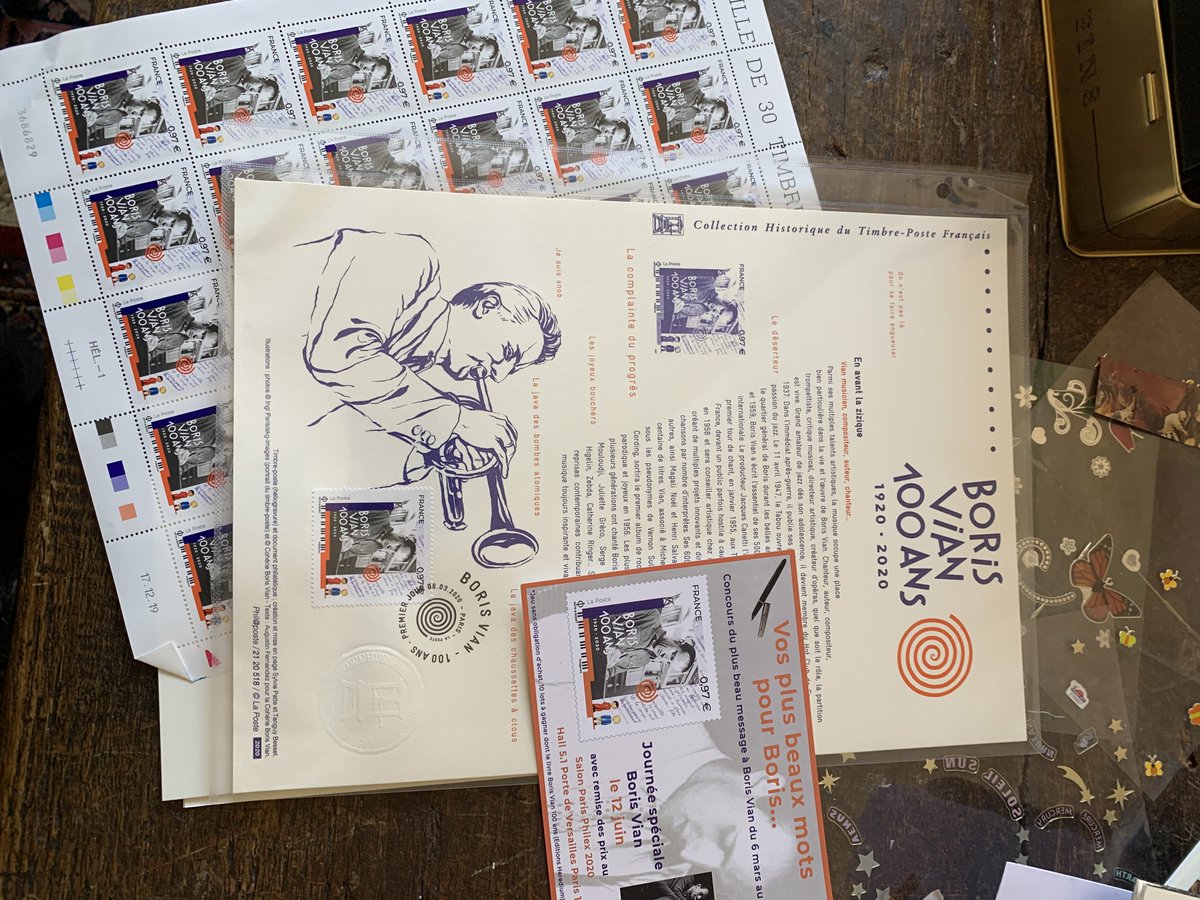
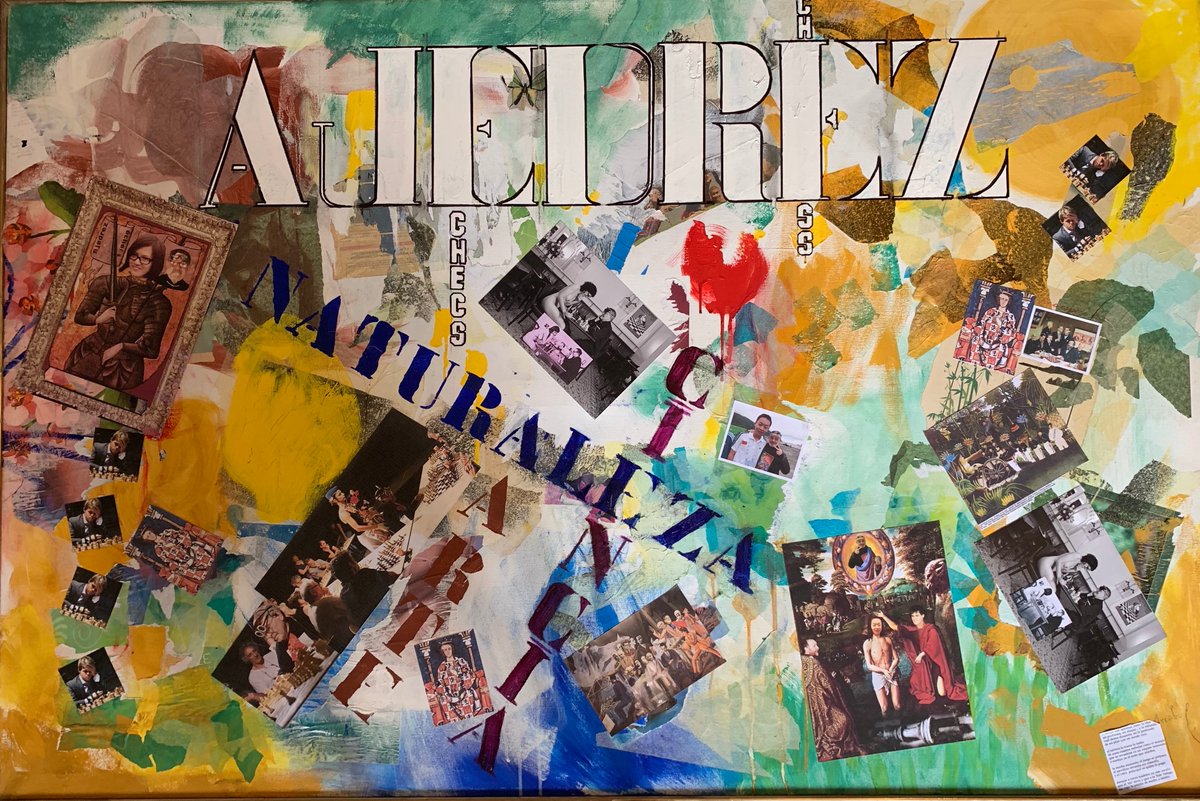
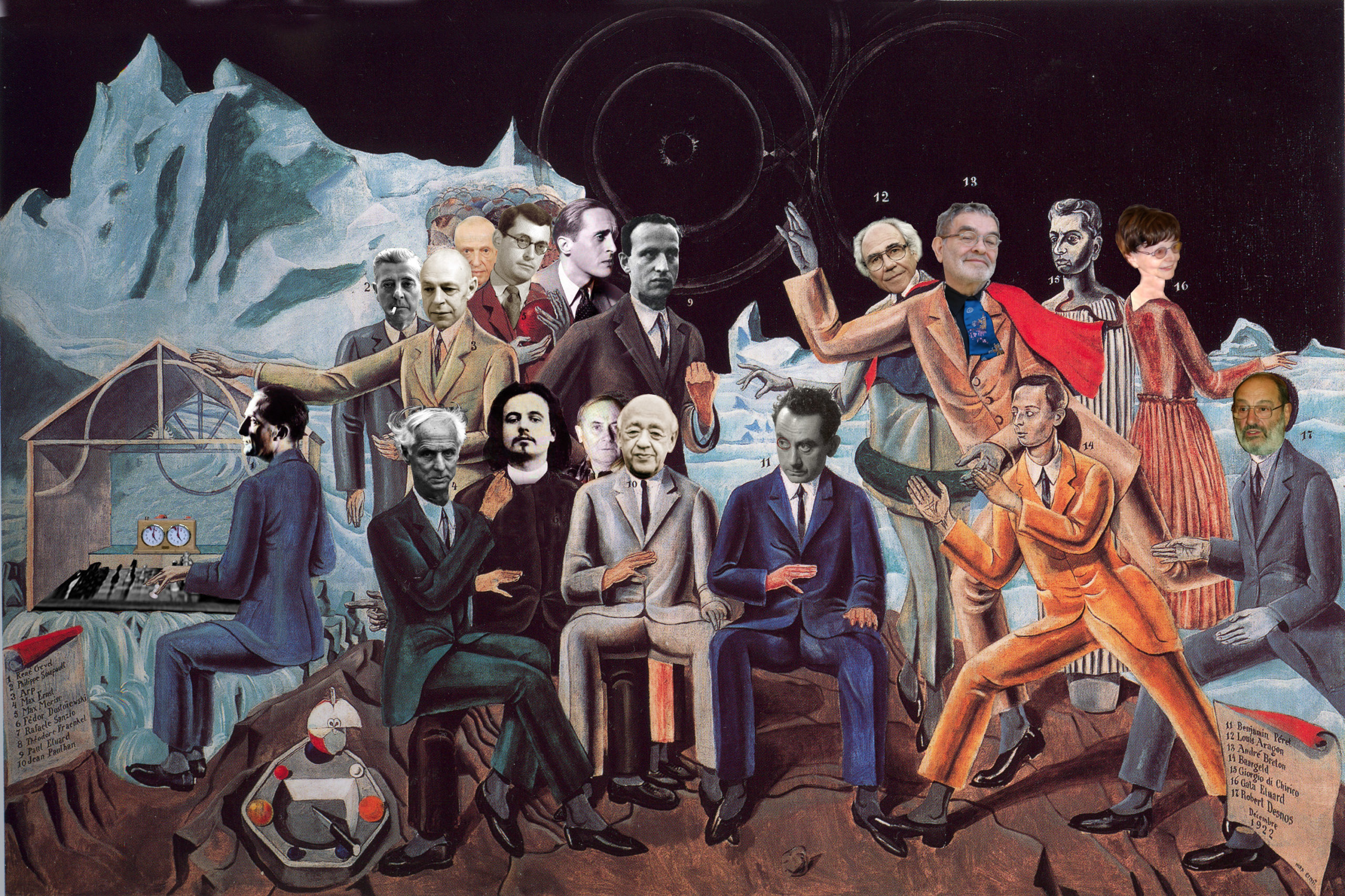
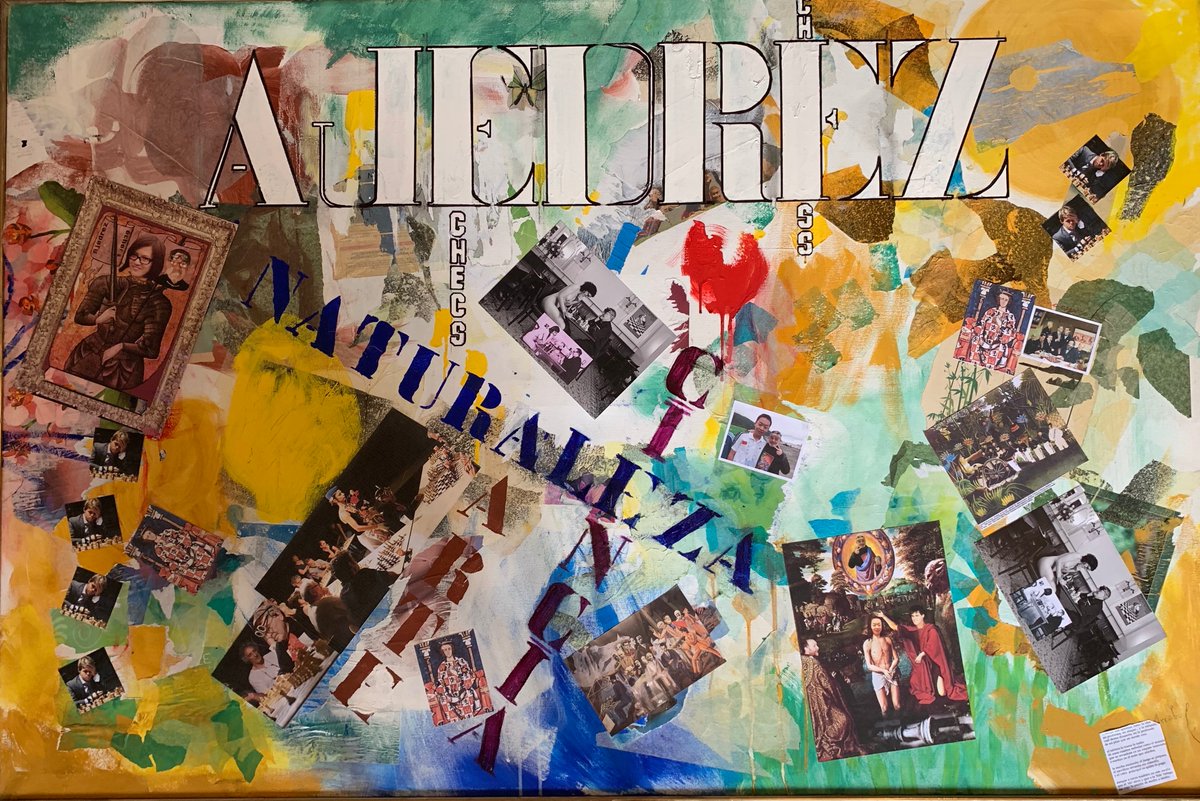

Good or bad, an experience is always valuable because great art inspires diverse opinions. That’s why we call our customer reviews « experiences. » We welcome you to share yours.